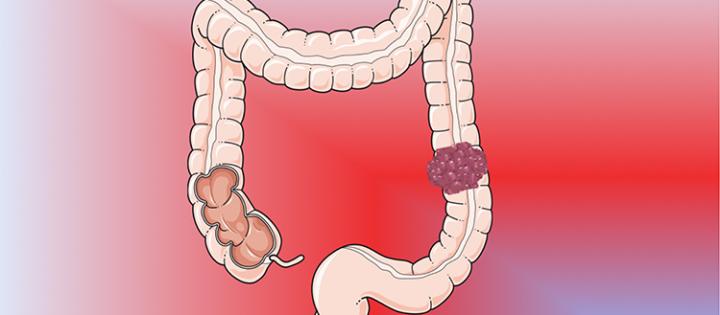A technique developed by scientists from UNIGE and HUG has made it possible to identify in vitro and validate in vivo, an optimised combination of anticancer drugs that are more effective than chemotherapy and that do not have side effects.

Credit: @UNIGE/Nowak-Sliwinska
Chemotherapy-based cancer treatment has distressing side effects for patients and increases the risk of developing resistance to the treatment. In an attempt to solve these problems, scientists from the University of Geneva (UNIGE) have developed a technique for quickly identifying from a large number of existing drugs the optimal synergistic combination and dose of products that can kill the tumour cells without affecting healthy cells. In partnership with the University Hospital of Geneva (HUG) and the University Medical Center in Amsterdam, they have demonstrated the effectiveness of this approach in colorectal cancer. The results are published in an article in the journal Molecular Oncology. The best drug combinations identified were assessed using in vitro tests and, for the first time, in vivo on mouse models. All the combinations were shown to be more effective than chemotherapy and did not cause any apparent toxicity in the healthy cells or in the animals. This study further paves the way for personalised, effective and safe cancer treatment.
“The technique we’ve designed and patented is called TGMO, which stands for phenotypically-driven therapeutically guided multidrug optimisation. It combines testing and highly-advanced statistical analysis,” begins Patrycja Nowak-Sliwinska, professor at the School of Pharmaceutical Sciences of UNIGE’s Faculty of Science. “It can be used to rapidly perform – in a few steps – simultaneous tests on cancerous and healthy cells (from the same patient), and evaluate all the possible combinations of drugs that we selected for the purpose. The positive synergies are preserved, while the antagonisms are rejected.”
The experiment incorporated 12 drugs, all recently approved for commercialization or in the final phase of clinical trials. Colorectal cancer cell lines that had been perfectly characterised for the requirements of scientific studies were submitted to the TGMO-based “machinery”. The aim of the search was to determine the combination of products closest to the desired outcome: the death of cancer cell together with an absence of effect on the healthy cell – and all using the lowest possible drug doses. The procedure resulted in multidrug combinations of three or four drugs, all slightly different from each other.
80% reduction of tumour growth
The activity of the combinations was then verified under somewhat more complex conditions than a single cell: first on a three-dimensional model of a human tumour containing cancer cells and other types, as is the case in reality, and finally on mice serving as an experimental model for colorectal cancer. The drug combinations reduced tumour growth by about 80% and consistently outperformed the effectiveness of chemotherapy. They revealed a total absence of toxicity in the healthy cells – unlike with chemotherapy – and significant activity on cancer cells freshly taken from current patients in Switzerland.
“It’s the first time that in vivo tests have been carried out with drug combinations derived from our TGMO technology,” enthuses Patrycja Nowak-Sliwinska. “The study shows that it is possible to efficiently identify low-dose synergistic and selective optimized drug combinations, regardless of the mutation status of the tumour, and which are more effective than conventional chemotherapy. We are currently discussing setting up a clinical study on patients so we can take things a stage further. But this stage, financing of which depends very much on the interest that a private sector might have in our approach, is first and foremost the work of clinical physicians.”
Results in under two weeks
TGMO technology is designed in such a way that it achieves results in under two weeks, which is the same as the time that doctors take to determine the treatment to be administered to a patient as soon as a diagnosis has been made. “This approach clearly represents the future for oncology patients,” continues Thibaud Koessler, head of Gastrointestinal Oncology in the HUG Oncology Department and one of the authors of the article. “The ability to test different drugs ex vivo and to select the combination for each patient that the cancer will be most sensitive to should increase the effectiveness of treatments while reducing the toxicity, two of the most problematic aspects in current therapies.”
###
Media Contact
Patrycja Nowak-Sliwinska
[email protected]
Original Source
https:/
Related Journal Article
http://dx.




